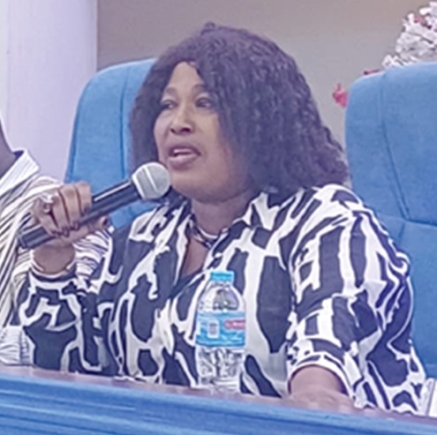Participants at a public forum in Accra have expressed strong opposition to the proposed increment in utility tariffs, warning that many Ghanaians would not be able to cope with further increases.
The concerns were raised last Wednesday, during the Public Hearing on the Multi-Year Tariff Order (MYTO) for 2025 to 2030, organised by the Public Utilities Regulatory Commission (PURC).
The PURC has been holding nationwide consultations to gather public views before approving new tariffs which will take effect under the MYTO 2025–2030 framework.
Assembly members, traders, dressmakers, barbers and public servants were among those who voiced their displeasure, arguing that utility providers should focus on blocking revenue leakages and improving efficiency instead of shifting the financial burden onto consumers.
Several participants stated that the rising cost of living had already stretched household budgets, and an additional increase in electricity and water tariffs would worsen the economic hardships faced by ordinary citizens.
Others called for greater transparency in how utility companies accounted for the funds they collected, insisting that accountability and efficiency must be prioritised before tariff hikes were considered.
The General Secretary of the Food and Beverage Association of Ghana (FABAG), Samuel Aggrey, stated that Ghanaians could not pay for any increment in utilities now.
“We cannot pay an increment in tariff because businesses have already done their financials for the year and, therefore, anything that will come up, it will be difficult to absorb,” he said to loud applause from the audience.
He explained that from 2022 to July this year. Ghanaians had given ECG 136 per cent of increment, and yet the utility was back demanding more without accounting for the previous increments.
“Again, ECG was given an additional 17 per cent barely three months ago, and you are back asking for another increment.
We have said that the power consumption we use in the industrial sector is expensive, and we are not breaking even.
“And so, asking for an increment this year again, I do not think it needs to be given, and until they return to tell us what they have been able to do with the previous increment,” he said.
We can’t bear
The Greater Accra Regional Assistant Secretary of the National Association of Beauticians and Hairdressers, Hannah Pantsil, said businesses and domestic users would not be able to bear any new utility tariff, and this was because the pressure on Ghanaians was already unbearable.
She explained that although the service providers had been persistently requesting an increment, it could not be justified under any circumstance, as consumers were already feeling the pinch.
She said instead of the utilities adopting a reactive stance and waiting for someone else to report problems, they ought to proactively address lapses and instances of waste, taking initiative to rectify issues before they escalate and become recurrent.
She said consumers, who were the end-users of these services, found themselves continually paying for often subpar delivery.
She added that the proposed tariff hike was excessively steep and, for that reason, must be blocked.
Prevalent issues
The Assemblyman for Afiaman Electoral Area, Emmanuel Darko Lamptey, said the proposal for increased tariffs was deemed excessive, given the prevalent issues of leakages and inefficiencies within ECG, coupled with widespread concerns among ordinary Ghanaians about the charges they face.
He said the ECG was perceived as not doing enough to address significant problems, such as illegal connections, which contributed to revenue losses.
He said those losses could potentially be mitigated to strengthen the company's financial position without necessitating further charges on compliant customers.
“We believe that ECG should prioritise tackling these underlying issues, including streamlining processes like meter provision, which can take unduly long (like nearly a year), driving some people to seek illegal connections, rather than pushing for higher tariffs that unfairly burden law-abiding consumers,” he added.

